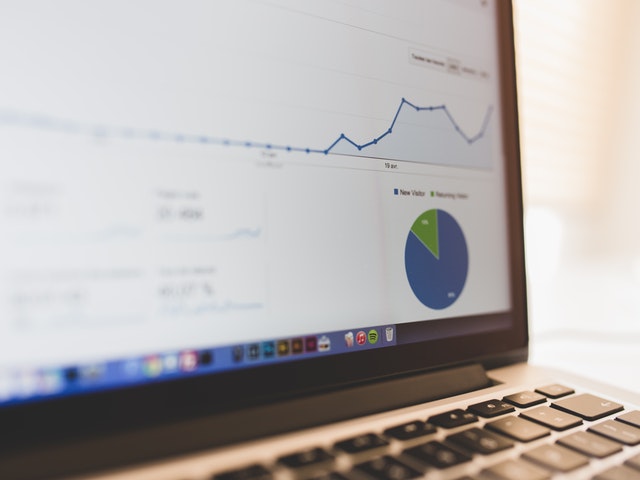Last Updated: 09 November 2017

Now that we have a basic idea of what Google Analytics is and how it works, the next question is why should we use it? To answer this, let's take a look at some of the key reasons you should use Google Analytics (or a similar service) on your website.
1. Find out who your audience is
Google Analytics provides us with a number of important pieces of information about the people reading our website. This includes the country and city that your users are from, what type of device they are reading your website on (a mobile device, a desktop computer, a tablet), and which browser they are using. There are also options that allow Google Analytics to make estimates about which gender and age bracket your users are falling into, and what their broad interests are.

Google Analytics allows you to get estimates of the age, gender bracket and interests of your users, based on information in Google advertising cookies.
All this information allows you to better tailor your website to your audience, and to prompt you to find out why other sections of the population you might want to target are not finding your website appealing.
2. Understand how your audience gets to your website
Tied closely to point 1 is the question "how does your audience get to your website?" Google Analytics provides you with a huge range of data to answer that question. This includes the specific sources of your traffic so you can track which websites and social networks are referring the most traffic, which channels are the most sustainable, and even which keywords users are searching in Google to find your website.

The Acquisition visualization in Visual Analytics give you a simple way to investigate how your traffic found your website.
The benefit you can derive from understanding the sources and channels that people use to find your website can help you to better target your marketing strategies, focussing on channels that are proving the most effective. It can also help to identify channels that are not creating traffic for your website, and how to address that issue.
3. Learn what content people like, and what they don't
Another key question that Google Analytics can help you to answer is finding out which pages on your website are the most popular. By looking at various metrics provided in Google Analytics, you can see which pages had the most visitors, which pages had high bounce rates, and how long visitors averaged on each page.
All this information can help you discern what parts of your website are attracting and keeping the attention of users, and what parts are not. For bloggers for example, this can help shape your decision on which topics to write about, which length and format of content is the most popular (short blogs, lists, long form), and how other factors impact on popularity (e.g. do pictures and graphics help retain users?).
4. Learn how users move through your website
Aside from learning what pages are popular on your website, Google Analytics can also help you understand how users are using your website. Looking at entrances, exits, and the flow of users through your website, you can identify where users are most likely to enter your website, and also problems that are causing users to leave.

The Userflow visualization in Visual Analytics allows you to see how users move through your website.
All this information can help you improve and streamline your website. Pages where users are entering your website need to be suitably welcoming and have simple ways for users to get to other pages and sections of your website. Pages with high exit rates may suggest that users are not finding an easy or appealing option to continue on. A lack of flow between two pages with related content may suggest that users are not finding the way to get from one page to the other, or perhaps even that a link is broken.
5. See how your actions impact on your traffic
Arguably the most appealing benefit of Google Analytics is seeing how the various efforts you make to improve content and promote your website are impacting on your web traffic. Seeing that surge of traffic after a successful post on social media, watching your organic search traffic slowly increase over time as your site becomes more authoritative, how that one link from a more popular website is creating an ongoing traffic flow.
Of course, this can cut both ways - it is typically a long hard slog over several years to build traffic to the sort of levels where you could consider monetizing it. And in that time there will be many disappointments, social media posts that only had a single like (thanks Mum!), false dawns from a sudden rush of spam, organic search traffic coming from random keywords instead of the ones you are targeting. But, building traffic is a marathon, not a sprint. Keep producing high quality content and keep your audience engaged, and traffic will increase in time.
Summing up
We have looked at five high-level reasons to use Google Analytics, or some form of web analytics service. We have kept these deliberately broad to make them as relevant to as many people as possible, but there are many, many more specific benefits that can be extracted from the data depending on your particular situation. The only way to find them is to get started!